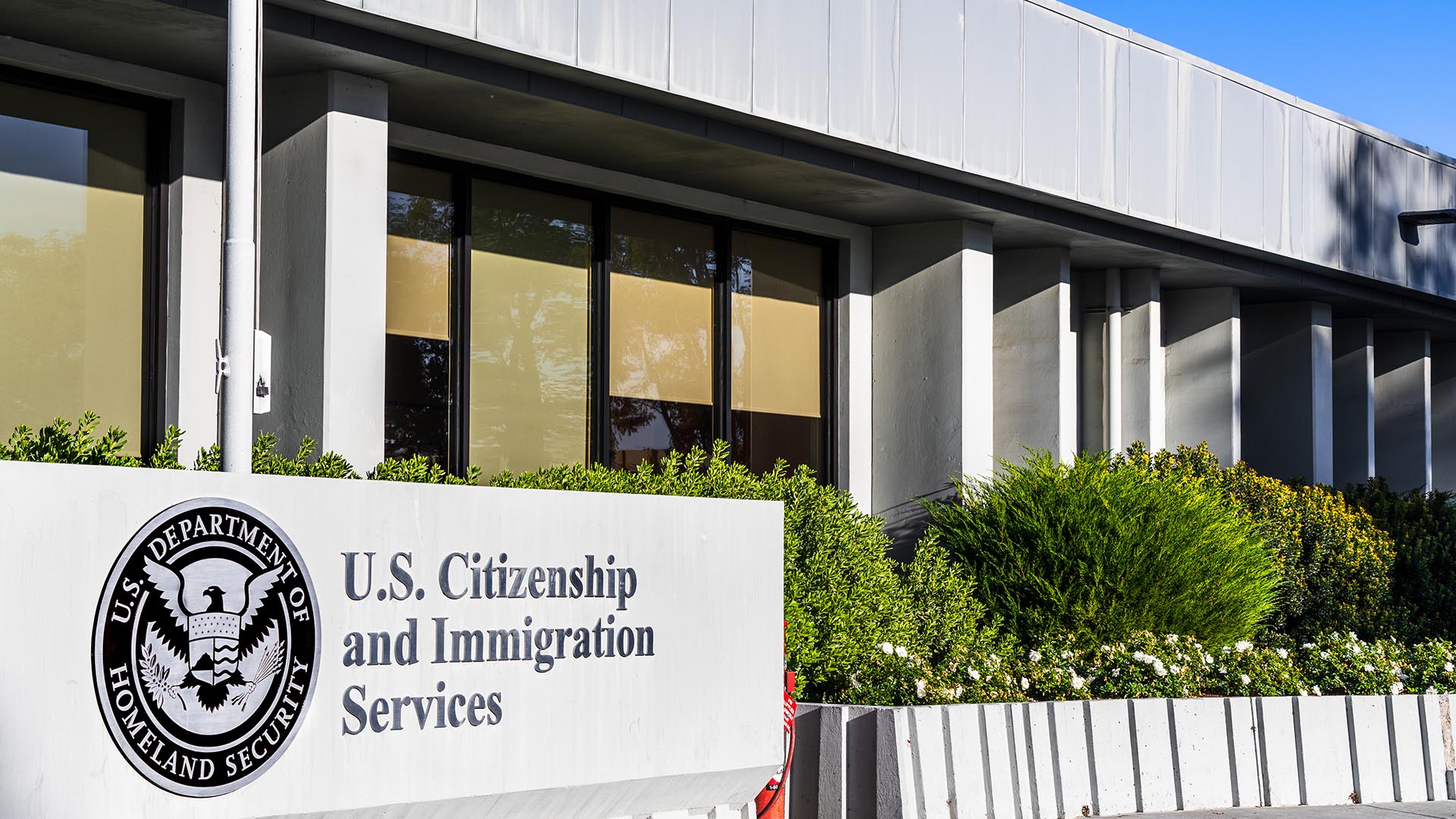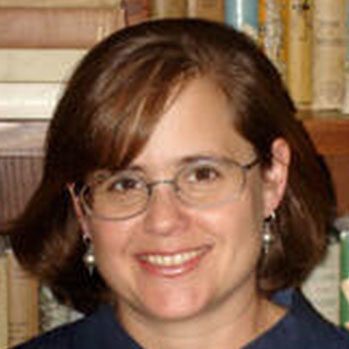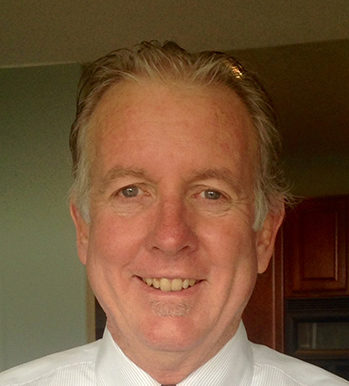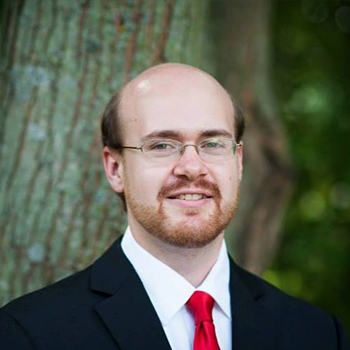From without a home to the golden dome
State Representative Dominique Jackson has run a long road -- and as an advocate for others, she's not slowing down now.
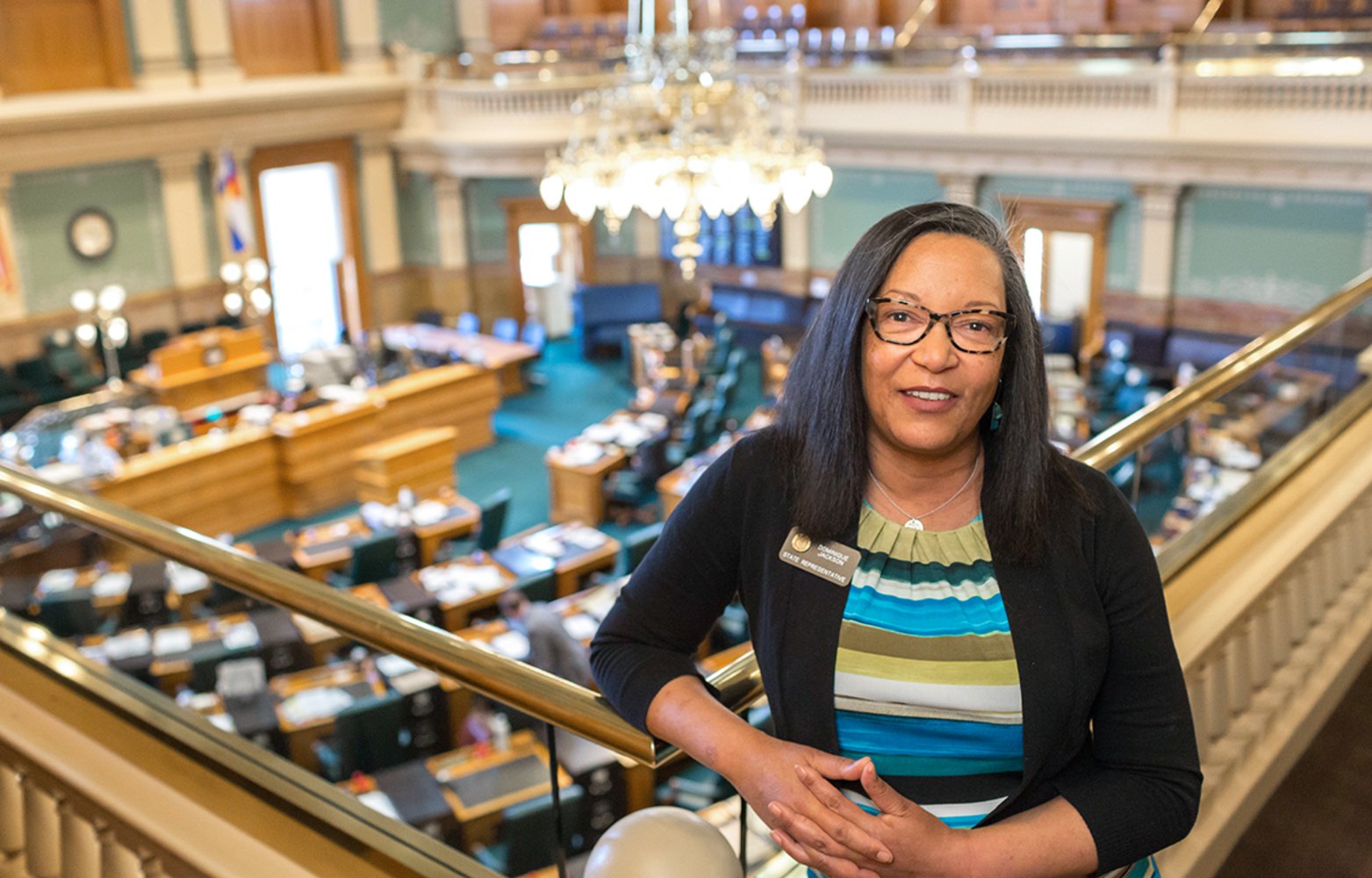
Two miles separate the convergance of Speer Boulevard and Downing Street from the steps of the Colorado State Capitol.
For Dominique Jackson those two miles represent a transformational journey that’s taken her worlds away from life as a homeless teen sleeping at that intersection to state representative of House District 42 (Aurora). Throughout, she’s been tenacious and committed to achieving a greater destiny for herself.
“I always knew I could do something more with my life,” she said. “Now, I’m able to help others with the challenges they face.”
It should be no surprise, then, that she continues to work tirelessly as an advocate. Take, for instance, the upcoming bipartisan bill she’s introducing that would create an investment fund to address the affordable housing crisis. Or the widely-supported effort allowing victims of sexual assault and stalking to break their residential leases to move to secure housing.

Getting to work
So, what goes into making a success story like hers?
For the 1988 communications graduate, finding a supportive community helped her navigate literal peaks and valleys.
As a teenager, Jackson dealt not only with urban homelessness but also hitchhiking to Summit County to live in an abandoned miner’s cabin on Mt. Baldy before being kicked off the property. It was after this experience she had a realization that would change everything.
“I had a moment where I knew I needed to do something,” said Jackson. “The world was bigger than it had initially appeared to be; I knew that if I was going to be a part of it, I needed to go back to get a quality education.”
Returning to Denver, she earned a GED certificate and eventual acceptance to the University of Colorado Boulder. But it was MSU Denver’s dedication to adult students who worked long hours that affirmed her decision to become a Roadrunner, as she knew she would hold multiple jobs while attending school.
“We were all there because we wanted to be,” said Jackson about MSU Denver. “We all brought our real-life experience into the classroom and got to work. The participatory nature really kept the professors on their toes, too!”

The question is the answer
She might not have realized it at the time, but those educators would make an enduring impact.
Initially planning to be an art historian, Jackson credited her work-study experience with the Metropolitan newspaper’s graphic arts department for leading her into the storytelling world of journalism.
“I remember laying everything out and thinking, ‘Wait – did we ask this question? Why is it this way?’” she said. “That made me go to the editor and ask if I could write my first story.”
That one moment of inquiry led to a successful career of asking questions. After spending the majority of her 20-plus years in California as a television journalist and network news correspondent, Jackson then knew the Rocky Mountains were calling her home.
After completing graduate work at the University of Denver, she returned to MSU Denver – now as an adjunct faculty member and student organization advisor.
Throughout the journey, she credits the relationships forged for her lifelong connection the University community – from Journalism and Technical Communications Department Chair Robert Amend (who attended her first wedding) to the late journalism program founder Greg Pearson (with whom she jointly quit smoking).
“They believed in me,” she said. “I didn’t have that before; they sparked my desire to help tell people’s stories. I’m incredibly grateful for that opportunity.”

All worth it
For Jackson, the transformative potential was part of her all along.
As a homeless teen who then put herself through both undergraduate and graduate school, she knew how to be a self-advocate. Her journalism background armed her with the ability to find meaningful answers. And, her time at MSU Denver helped put these pieces together.
Jackson’s decision to run for office was a natural and subsequent next step. It has given her the chance to help others who, as she put it, have had life come at them quickly and strongly.
It’s this dedication to community that now keeps her going, always onward, through valleys to the peaks ahead.
“All of the work is hard – running is hard, campaigning is hard; all of it’s very hard, and that’s why a lot of people don’t do it,” she said. “But if I wake up in the morning and know I had an impact on someone’s life, it was all worth it.”



